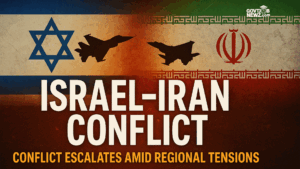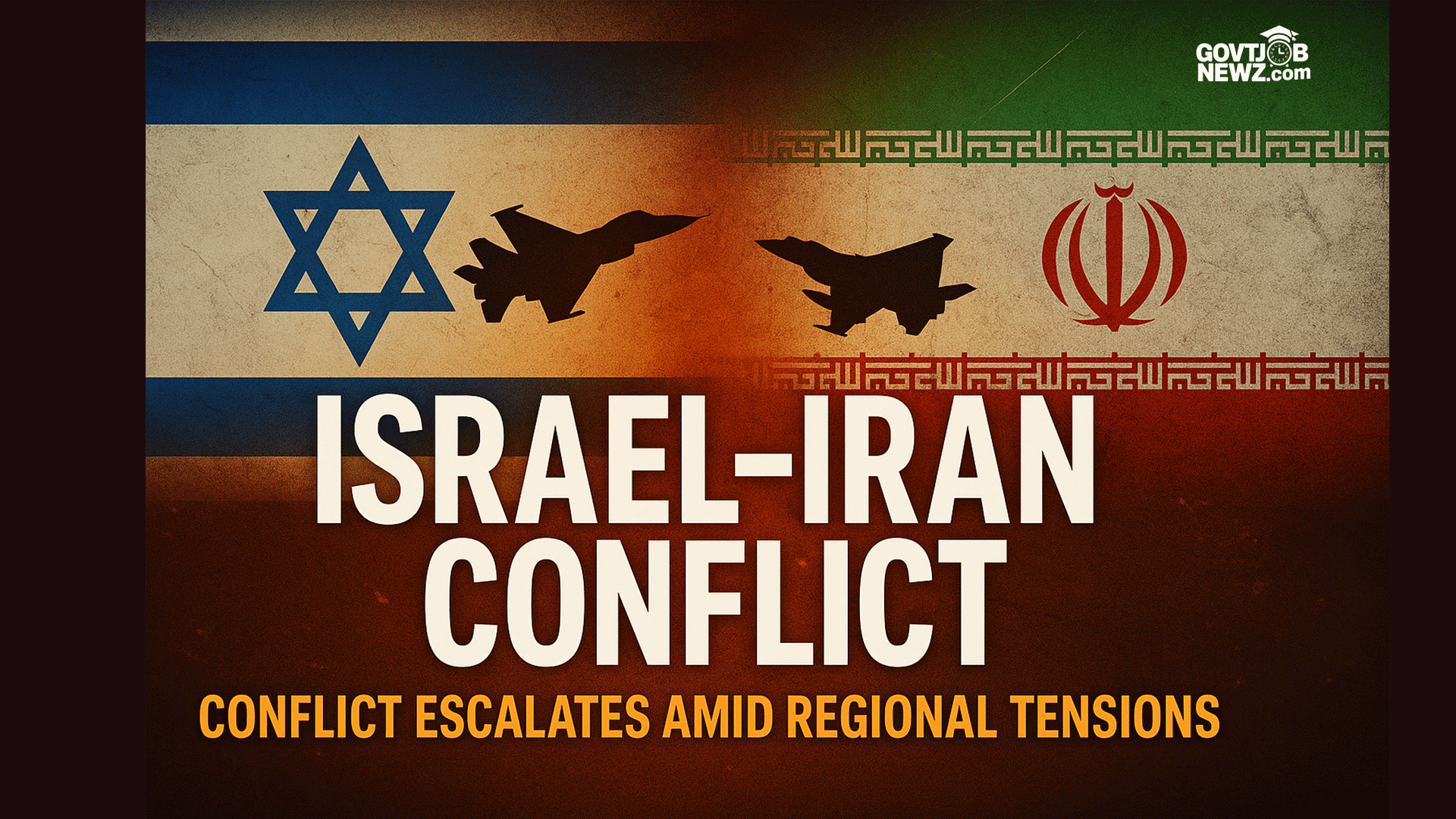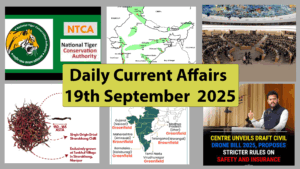Israel-Iran Conflict : A Deep Dive into the Middle East Rivalry
Israel-Iran Conflict : A Deep Dive into the Middle East Rivalry
Long-standing tensions between two powerful regional rivals enter a new and uncertain phase
The confrontation between Israel and Iran has become one of the most volatile and consequential rivalries in the Middle East. While it has often played out through covert operations and regional proxies, recent developments in 2024 and 2025 suggest a dangerous shift toward more open hostility.
Israel-Iran Conflict : Video explanation
Background: How It All Began
Until the Iranian Revolution of 1979, Israel and Iran were not enemies. In fact, during the Shah’s rule, the two nations shared relatively cooperative ties. But the revolution changed everything. Ayatollah Khomeini’s new Islamic Republic declared Israel illegitimate and began supporting groups that opposed the Israeli state.
Since then, the relationship has been dominated by mistrust, threats, and proxy warfare. Iran views Israel as a regional aggressor and supports armed groups like Hezbollah and Hamas. Israel, meanwhile, considers Iran’s nuclear program an existential threat and often acts to contain Iranian influence in the region.
Key Areas of Conflict
Iran’s Nuclear Ambitions
The biggest flashpoint in the rivalry has been Iran’s controversial nuclear program. While Iran insists its goals are peaceful, Israel fears the development of a nuclear weapon and has taken both covert and overt actions to disrupt Iran’s progress. These include cyberattacks, sabotage, and even assassinations of nuclear scientists.
Proxy Battles Across the Region
Rather than fighting directly, both countries have often used proxies. Iran supports Hezbollah in Lebanon, militias in Iraq and Syria, and the Houthi rebels in Yemen. These groups have occasionally launched attacks on Israeli territory or interests, prompting retaliation.
Cyber and Covert Operations
Over the past decade, cyber warfare has become a crucial battleground. From the Stuxnet virus to drone attacks on military bases, both Israel and Iran have targeted each other in increasingly sophisticated and anonymous ways.
Comparing Military and Strategic Positions
| Aspect | Iran | Israel |
|---|---|---|
| Ideology | Islamic theocracy, anti-Zionist | Democratic Jewish state |
| Key Allies | Syria, Hezbollah, Houthis | USA, EU, some Gulf states |
| Core Threat | Israeli strikes, cyberattacks | Iran’s nuclear weapons and militias |
| Capabilities | Asymmetric warfare, regional influence | Advanced air defense, cyber dominance |
Major Events Timeline
| Year | Event |
|---|---|
| 1979 | Iranian Revolution; relations with Israel severed |
| 2010 | Stuxnet virus disables Iran’s Natanz facility |
| 2018 | U.S. exits Iran nuclear deal, tensions spike |
| 2023 | Explosion at Isfahan facility linked to Israeli drones |
| 2024–25 | Proxy attacks and airstrikes escalate in Syria, Gaza, and Lebanon |
Global Impact of the Conflict
The Israel-Iran conflict isn’t just a regional issue. It affects global oil prices, threatens shipping in the Red Sea and Gulf, and complicates global diplomacy. The United States, still Israel’s strongest backer, finds itself balancing support for its ally with attempts to avoid a broader regional war.
What Could Happen Next?
- De-escalation through Diplomacy: Reviving a broader version of the Iran nuclear deal might offer a path forward.
- Expanded Proxy Warfare: New fronts could open in Lebanon, Syria, or even the Gulf.
- Full-blown Regional Conflict: A direct war could pull in other nations and destabilize the entire Middle East.
Expert Insight
Trita Parsi, Middle East analyst: “The Israel-Iran rivalry has moved beyond ideology—this is a battle for regional dominance.”
Ehud Yaari, Israeli journalist: “Iran’s growing presence in Syria and Lebanon is seen in Israel as a direct red line.”
Conclusion
As both Israel and Iran harden their positions, the prospects for peace seem distant. Yet without meaningful dialogue and international mediation, the risk of a broader war increases by the day. For millions across the region, the hope is that reason will prevail over retaliation.








